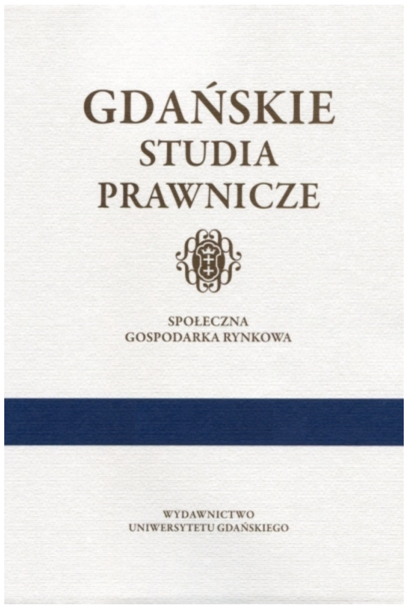Geneza, ustrój polityczno-konstytucyjny i upadek wolnych miast Rzeszy
Origin, the political and constitutional systems and the collapse of the free cities of the Reich
Author(s): Tadeusz MaciejewskiSubject(s): Political history, Government/Political systems
Published by: Wydawnictwo Uniwersytetu Gdańskiego
Keywords: Reich;
Summary/Abstract: The origins of the cities of the Reich were very complex. Undoubtedly, it was associated with the occurrence of three phenomena: the emergence of urban population. the emergence of a new type of economy and spatial changes. The filial system of urban setting was also developed. A dominant role in shaping the systems of new towns was played by some major centers, such as Magdeburg. Cologne and Lübeck. New towns and cities were located on their system and law and were known as their “daughters”. The most important cities began to gain the imperial immediacy in the thirteenth century. They were called ,,free cities of the Reich”. Initially, their number was about 130. However, over time this number began to decline. The reason for their disappearance was the process of mediation, meaning their elimination by incorporating them into larger territorial units. On a large scale it was started by Napoleon Bonaparte after 1906. As a result,in the Second Reich (1871-1918) there were only four free cities, whereas in the Weimar Republic (1918 - 1933) there were only three: Hamburg, Lüheck and Bremen. Each of them had its own national constitution.
Journal: Gdańskie Studia Prawnicze
- Issue Year: 2014
- Issue No: XXXI
- Page Range: 1063-1078
- Page Count: 16
- Language: Polish

